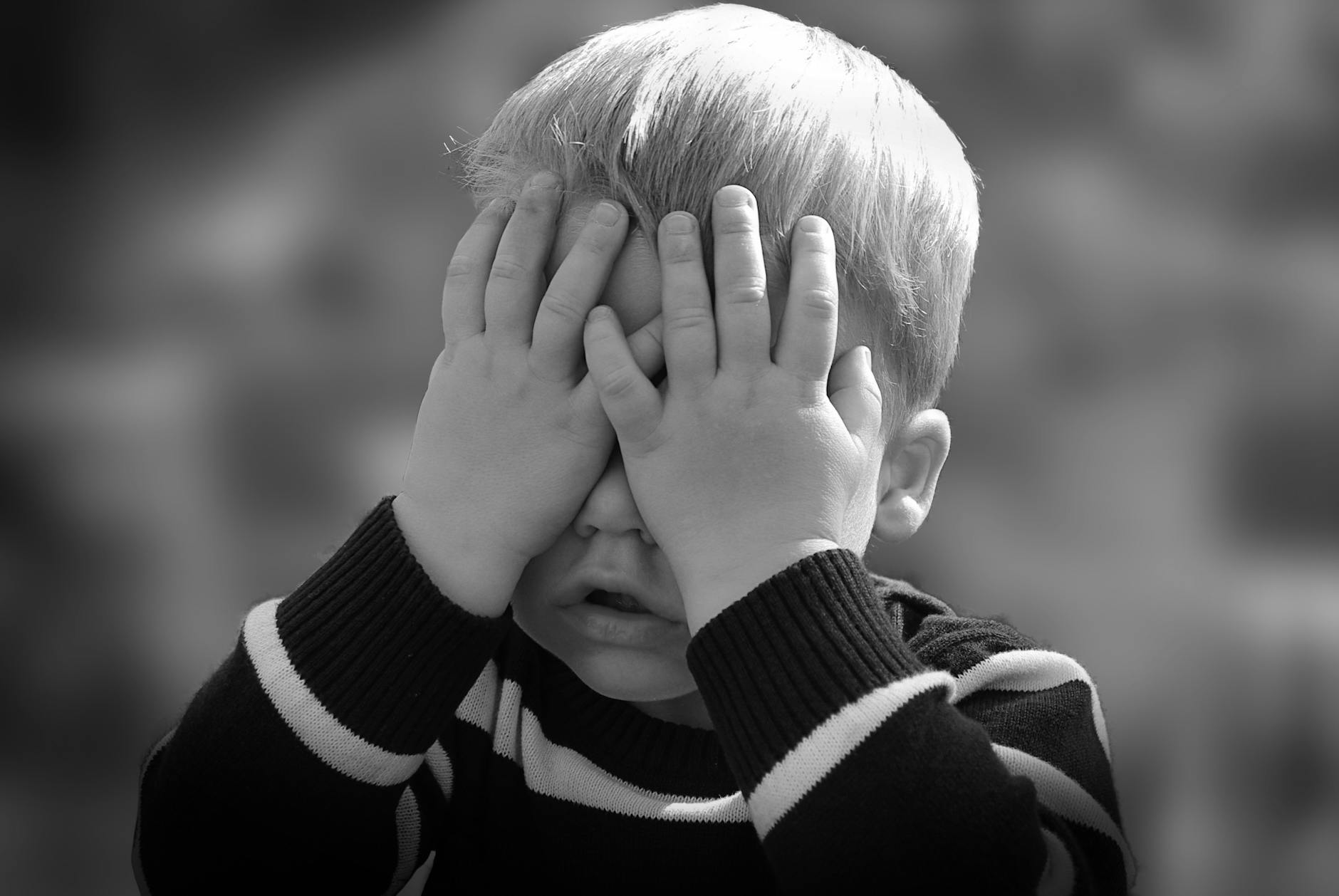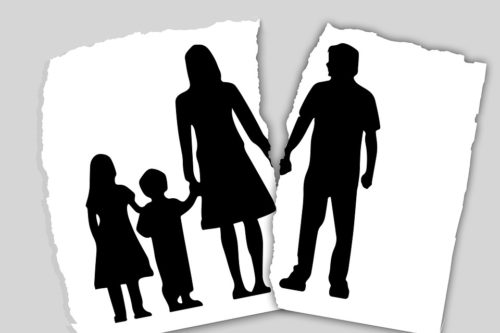1. All Articles, Children, Divorce
Parental Alienation and Its Impact on the Child’s Life
After a divorce or separation, we often see cases whereby one of the parents starts telling the child negative things about his other parent just to destroy the image and relationship the other parent has with the child.
Such parents go as far as preventing the child from communicating with his other parent and deprive him of all the visiting rights. You don’t always have to blame them for such attitude because having lost trust and confidence in their other partner, they do that to protect the child from being hurt by the parent who is tagged “bad”.
In this situation, alienating parents fail to consider the feelings of the child. All they care about is either the child’s safety or how to get their revenge on their ex. Since the child is often the weak point of the other partner they use the child as their weapon for war.
Naturally, children do not lose interest in a parent nor do they become distant simply because of the absence of a parent. The parent and child bond established before the separation is usually very strong and can’t be broken easily. But after a complete brainwashing by the alienating parent, the child would start showing unwarranted fear, hostility, and disrespect towards the target parent and his family.
What should the target parent do on discovery?
The other day my husband asked my four years old son who he loves more between both parents. Guess what my little baby said: “I love my mummy, I don’t love my daddy”. When he screamed out that response, his dad got angry and threatened not to pay his school fees again. I was at the corner of the room laughing my ass off. Do you know why? Kids of that age are most likely to get attached to the parent that is always with them.
Daddy might be a good guy who pays all the bills but how would the little child understand that? To him, his mummy is the best one because she runs around the room with a spoon full of food trying to catch him and feed him. Mummy is the one who makes his meals and does his laundry so why won’t he love his mummy more?
The point I would like to pick out from the above illustration is my husband’s furious reaction after his son responded to the question. There was no need to be angry. After a divorce, if you discover that your child has started showing some repulsive attitudes, getting furious at either the child or the other parent would only make the matter worse. I understand that such a situation could break your heart but you must avoid any rash reaction.
According to Dr. Amy Baker, if there is still a chance of access to your child, there are certain ways to respond while ensuring the well-being and safety of your child and respecting your moral integrity. There is no guarantee that these suggestions will prevent the evolution of the alienation process, but it may offer the target parent more tools and flexibility, provide them with the means to remain positive and constructive and also prevent them from falling into despair and rage.
The following tips should be considered before deciding on what to do.
- Consider the level of maturity of your child.
- Consider the unique personality of your child.
- Consider the unique personality of the alienating parent.
- Have compassion for your child.
- Be clear and precise about your goals and motivations.
- Be the best parent you can be.
- Do not bite the bait, choose your battles.
- Do not take anything personally.
- Be diligent about your parenting responsibilities even if the other parent is trying to push you to the wall.
The Impact of Parental Alienation on the Child:
If some parents knew about the negative impact of alienation on a child, I believe they would think twice before getting their child involved in their marital conflict. Some of the severe effects include; low self-esteem, lack of trust, self-hatred, depression, substance abuse, other forms of addiction, strong feelings of guilt, etc.

Also, the child becomes so confused without knowing who to believe nor what to believe. While they are in such state it becomes easier for them to make the wrong decisions for their lives. They might even decide to commit suicide.
According to Amy Baker, over time the alienated children stand the chance of getting into a conflicting relationship with the alienating parent. So, the truth remains that, it is not really worth it at the end of the day.
Suggested Approach for The Targeted Parent
For the sake of reference, you can keep an accurate log of events which would enable professionals to diagnose and identify the possible strategies needed to arrest the situation.
You can also hire the services of professionals such as psychologists, lawyers, doctors or mediators who are familiar with the case.
If the alienation is severe then a report should be made at the family court to change the terms of the child’s custody. As the whole process is ongoing, never lose hope of reconnecting with your children, regardless of the circumstances and injuries because an unconditional parental love never dies.
Further reading
- https://www.psychologytoday.com/intl/blog/co-parenting-after-divorce/201304/the-impact-parental-alienation-children
- https://childrenanddivorceguide.com/articles/signs-of-parental-alienation/
- https://www.psychologytoday.com/us/blog/resolution-not-conflict/201802/parental-alienation-syndrome-what-is-it-and-who-does-it
- https://en.wikipedia.org/wiki/Parental_alienation_syndrome

